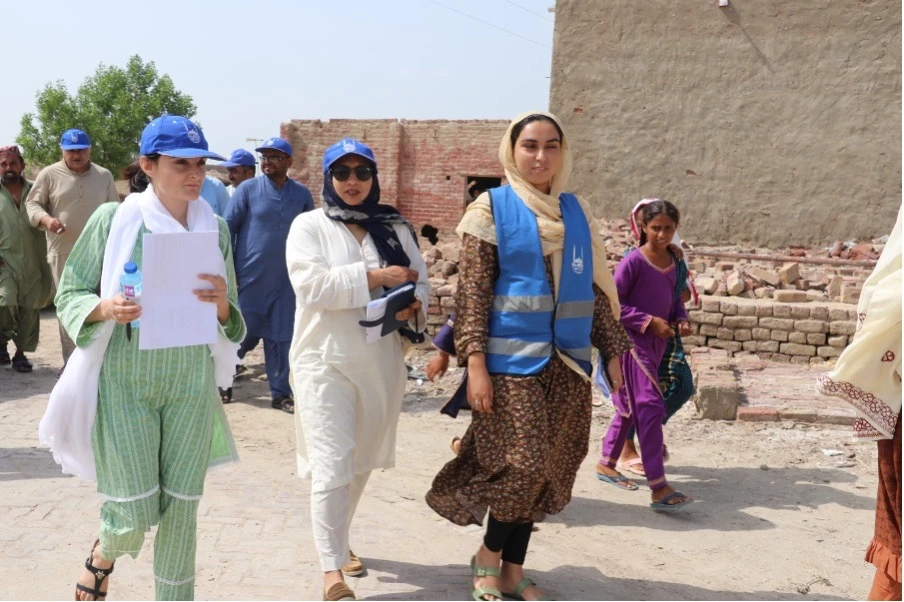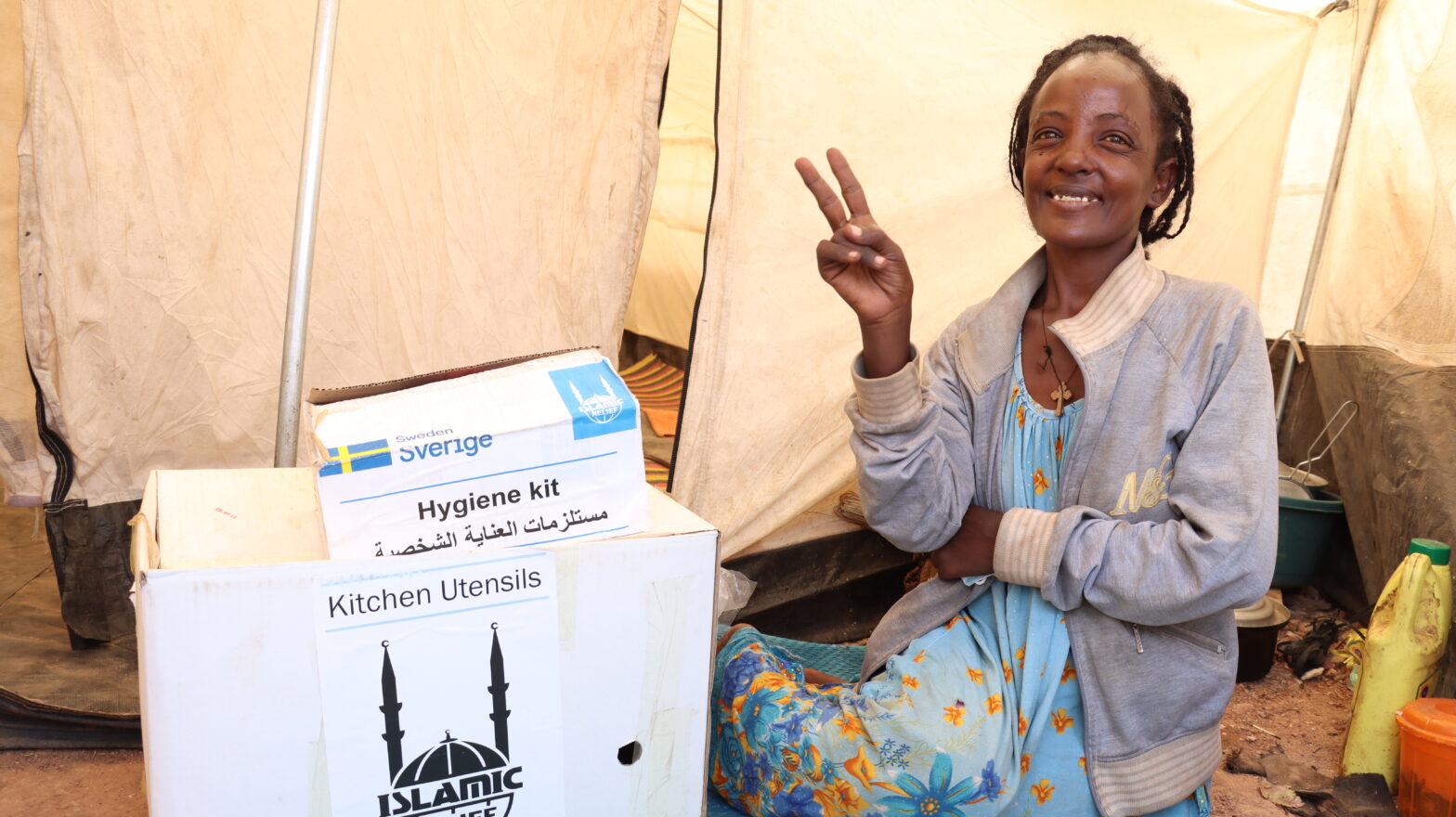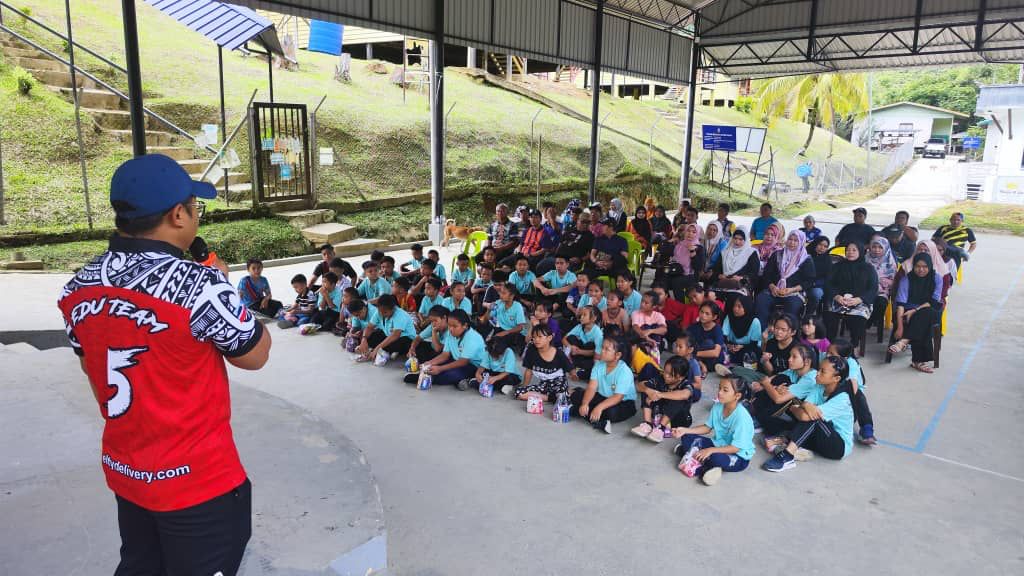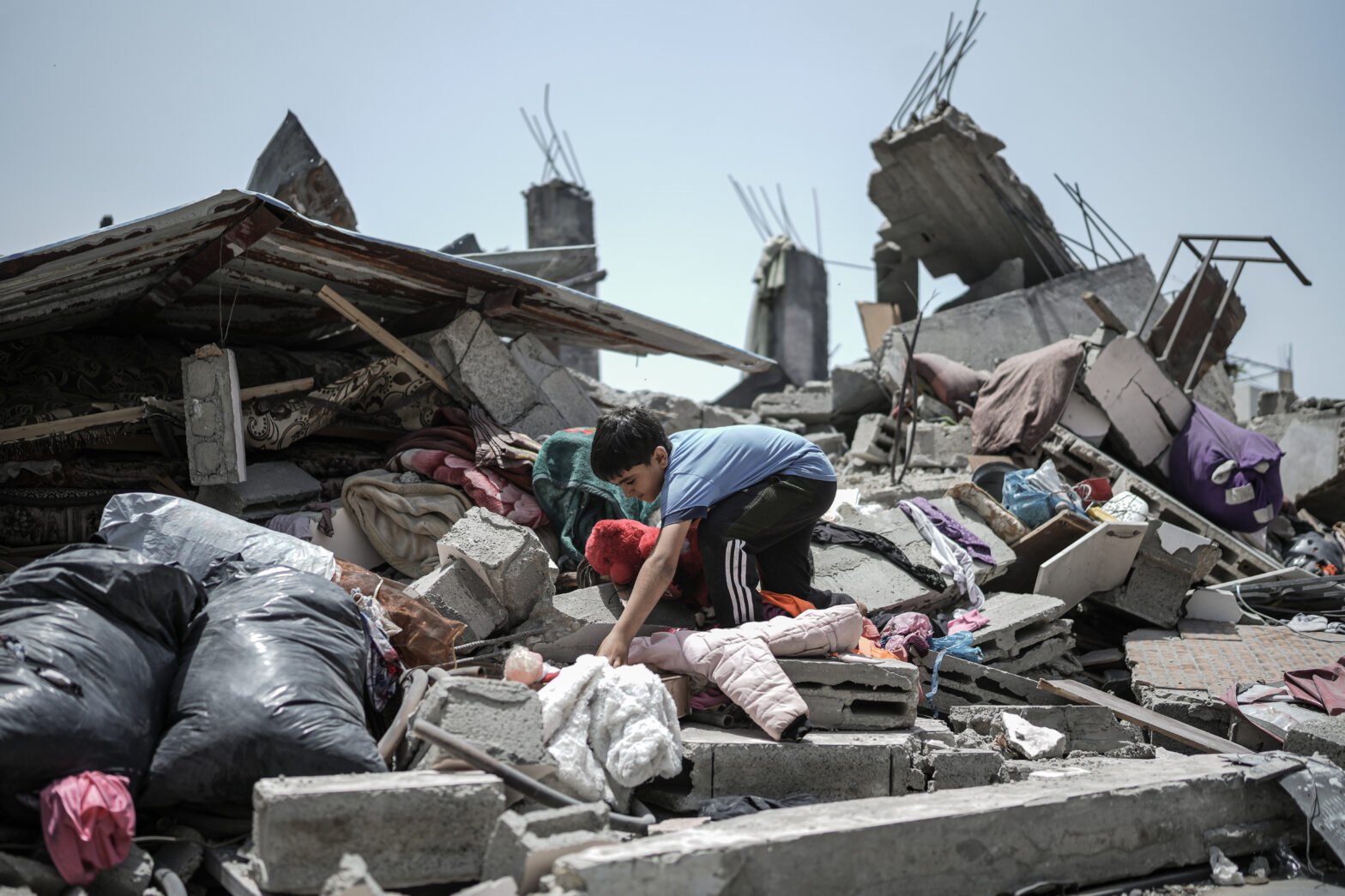Resilience in Chaos: A Humanitarian’s account of braving Sudan’s conflict zones on World Humanitarian Day
Mohammad Golam Sorwar, Head of Programmes for Islamic Relief in Sudan, shares his firsthand account of the struggles and triumphs in a nation torn apart by conflict. His story, is a testament to the resilience and dedication of humanitarian workers, fighting every day to deliver aid and support to those in need.
In Sudan, a country overwhelmed with war and ongoing conflict, I find myself using words like fear, determination, and hope to describe my experiences on the ground. It feels like the portrayal of the situation in international media is contradictatory, where words of peace and ceasefires are spoken, but the reality on the ground is very different.
A Personal Struggle Amid Chaos
I remember vividly the 13 days that I was stuck in my apartment in Khartoum, with the sound of gunfire echoing around all day and night, I was trapped by the fighting happening right outside. Electricity was cut, the water supply stopped, food stock was finished, and the connection to the world through the internet and mobile network was severed. I was eventually evacuated along with two international colleagues via a road through the Ethiopian border, witnessing burned houses and destroyed infrastructures in Khartoum. The scenes were heartbreaking, and going out from Khartoum was challenging.
I still feel worried for my Sudanese colleagues trapped in the war zone or forced to flee, many of whom have lost their homes and possessions to looting.
The Spirit of Humanitarian Work
The real-life impact of humanitarian workers like myself and my colleagues is a testament to our dedication. Working in an active conflict zone is more than just a job; it is a calling, a commitment to help anyone, no matter where, and no matter what the circumstances may be.
Since the conflict commenced in mid-April, UNOCHA reports indicate that 18 aid workers have lost their lives, alongside many others who have been injured or detained. Up until 11 July 2023, the conflict has led to the death of 1,105 individuals and the injury of over 12,100 more.
Health, for instance, has become a critical concern in Sudan, with hospitals running out of basic supplies and more than 60% of the health centres closed. The lack of power and water treatment plants has left many without access to essential services, without organisations like Islamic Relief providing vital aid, it is matter of life and death for most people.
Hope in the darkest places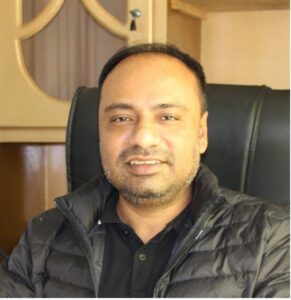
From my own experiences, I understand that the challenges in Sudan are immense, but I also see hope.
Hope in the eyes of the humanitarian staff working tirelessly, hope in the resilience of families trapped in conflict zones, and hope in the unbreakable spirit of my colleagues who walk into danger to deliver aid.
In Sudan, the road to healing is long and filled with obstacles, but we walk it with unwavering determination, guided by the principles that define us. The smiles on the faces of those we help, the gratitude in their eyes, the resilience of their spirit – these are our rewards, our motivation, and the essence of what humanitarian aid means for this country and for the world.
This World Humanitarian Day, as we celebrate the human compassion, let us also remember that the work is far from over. It’s an ongoing commitment, a pledge to reach out to those in need, regardless of the circumstances.
In the days ahead, Islamic Relief will continue to scale up its efforts, providing the services that people in Sudan need and deserve. Together, with your support, we can help heal the wounds of war, rebuild lives, and sow the seeds of lasting peace.
Islamic Relief has worked in Sudan for nearly 40 years, and remains by the sides of families caught up in the violence. Please support our life-saving work: donate to our Sudan Emergency Appeal now.





